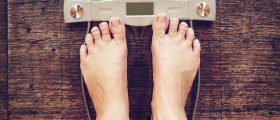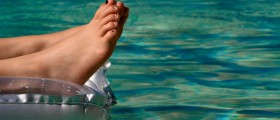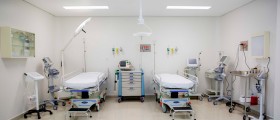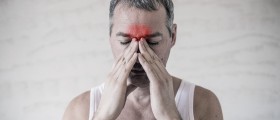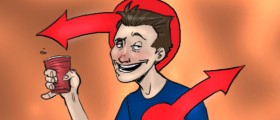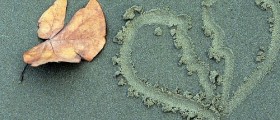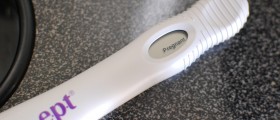I had Rhabdo as a result of extreme physical excursion and dehydration while in the Army. I was hospitalized without a diagnosis of Rhabdo, released back to my unit and then re-admitted to the hospital several days later. My feet were so swollen, my boots needed to be cut off. My symptoms were extreme fatigue, muscle pain in my thighs and shoulders, overall weakness, and a bit of delirium. This was in 2007 and today, I still have the soreness in my thighs. I feel a tight burning sensation every time I walk up a flight of stairs. I have found that staying well hydrated and stretching really helps quite a bit. After the initial diagnosis, I had 3 more occurrences of Rhabdo but only hospitalized once more which was shorty after the initial hospitilzation. As a result, I was Honorably force retired from the Army. Today, I work out regularly, I weight train with heavy loads and also do HIIT and am in the best shape of my life. The key is to limit time under tension and volume of repetitions as well as staying really well hydrated and taking in generous amounts of protein. I also really eased my way back into a healthy lifestyle. It was a lot of baby steps before a lot of gains. For a while, I was "that guy"
In the gym working with "Jane Fonda" type weight but after re acclimating my muscles and finding my limits, I made my way back up. I'm stronger and fitter than ever and haven't had an episode of Rhabdo in more than 3 years.
I'm sitting next to my wife right now who is in the hospital with Rhabdo. She used to train as a fitness model and has been an athlete her entire life. After our wedding, she stopped weight training and did only cardio. Last Thursday she decided to start lifting again after a year long hiatus but lifted as if she never took a break. On top of that, my wife is terrible about hydrating and as a result, here we are.
My question is this; why are there no medical publications on the lasting effects of Rhabdo, such as continued muscle soarness, weakness, and dehydration?
Loading...


